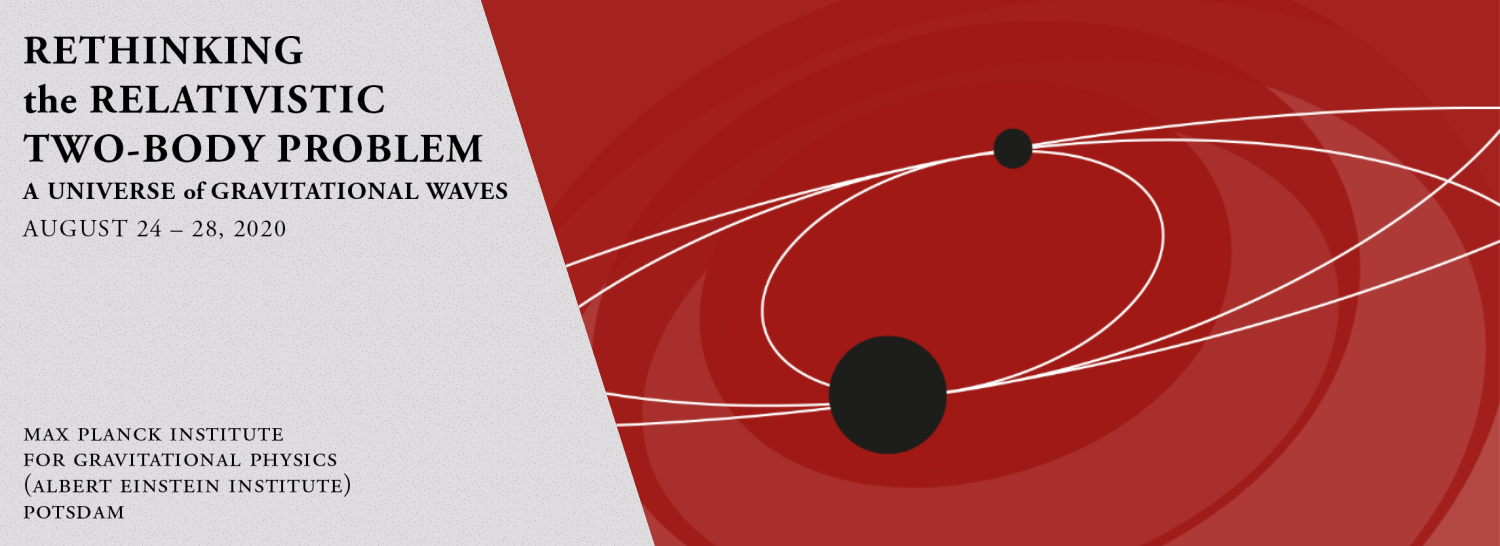A Universe of Gravitational Waves
August 24 – 28, 2020
Even after a century of work on the general relativistic two-body problem, there remains much room for improvement in efficiently generating accurate solutions, especially when looking forward to future gravitational-waves detectors, such as LISA, the Einstein Telescope and Cosmic Explorer.
This virtual workshop will gather scientists from several complementary research fields in order to re-evaluate approaches to this problem. For this purpose, we will review current theoretical (analytical and numerical) predictions for the two-body dynamics and gravitational radiation, and the construction of waveform models used to observe signals in the LIGO and Virgo detectors and infer astrophysical and cosmological information. We will also discuss some novel ideas — including inputs and insights from quantum gravitational scattering amplitudes — hoping to guide new approaches toward maximal impact in gravitational-wave astronomy. This is an urgent task, given the challenge that lies ahead of us in keeping the accuracy of theoretical predictions on par with observations.
More specifically, we aim (i) to highlight the current frontiers of analytic methods (of both conservative dynamics and radiation) to solve the two-body problem: post-Newtonian, post-Minkowskian, gravitational self-force, and effective-one-body; (ii) to review how both analytic and numerical results are incorporated into existing waveform models, and how such models are used to detect and analyze gravitational-wave signals; (iii) to discuss the full range of physics potentially relevant to the binary coalescence problem, from spin effects, to tidal effects reflecting the internal structure of neutron stars, to environmental influences, to potential deviations from General Relativity; (iv) to explore the use of ideas and techniques spawned from quantum field theories, including on-shell methods, bootstrap procedures, “double copy” constructions of gravitational amplitudes from gauge theory amplitudes, applications of soft theorems and related issues concerning asymptotic propagation of gravitational waves.
